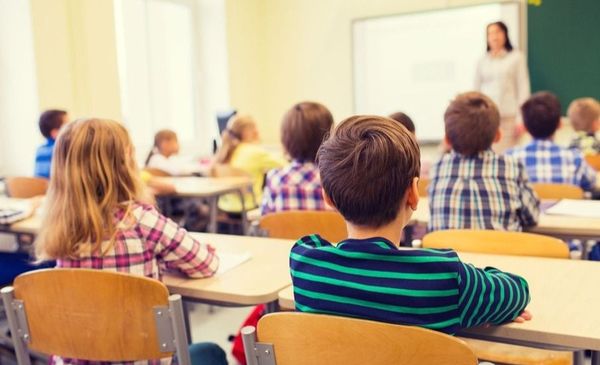On many occasions, this newspaper has dealt, in various articles, with the growing concern caused by the shortcomings in their education which are usually shown by a few high school graduates upon entering university.
This is a problem that has not only been recognized but confronted, to the extent possible, by the various faculties that have, in recent years, begun courses designed to prepare these students for a less traumatic entry into their classes.
In any case, the crux of the problem lies in the incomplete training that boys and young people usually receive at secondary and primary levels, which has been proven by many objective measurements, such as the one made in 2019 in a test conducted by UNESCO. The Argentine students got the worst result in their history.
On that occasion, performance in language, mathematics and social sciences of third- and sixth-grade students from 16 countries in Latin America and the Caribbean were assessed, with the result that Argentina was below the regional average in four of the five assessments. If compared to 2013, the year in which the previous assessment was taken, Argentina regressed in all its results, except for the sixth-grade reading test, where it got the same score.
In this context, phrases coined in the last few hours by physicist Serge Harush, winner of the 2012 Nobel Prize in Physics, who is participating in an international meeting in Buenos Aires, which brought together distinguished speakers from all over the world who spoke, called for increased association between Schools and educational centers with basic sciences.
As reported in this paper, Harush, speaking on the subject of “the usefulness of useless science,” focused on the educational issue and alluded to the importance of a greater relationship between school and science.
The first and valuable step to bridge the gap between different educational levels may have been taken a few years ago in our city when the university decided to open a program for high school students to get acquainted with the inner life and performance of different colleges, with the purpose of which they could determine their future with more certainty.
In any case, the contribution of young high school graduates—many of whom are usually in a state of profound professional confusion, in a period when precisely what profession they will choose—should be intensified through preparatory courses. This is, of course, without compromising the rigor of the studies and, as the visiting physicist says, a greater affinity of the schools with scientific knowledge.
Incidentally, all those initiatives that translate into offering educational support programs or activities, aim not only to facilitate better entry of high school students into university, but also to do it more safely about the choice of profession to pursue. They have achieved this, and they also seek to reduce very high drop-out rates.
In addition to having a better flow of information about the various alternatives to attaining a higher or university level of education, young people who enter university must not only receive a more complete education in schools, but also know that nothing is obtained without sacrifices, without hours of Study, without making an effort to follow his calling in order to gain wisdom.
This is how public education has been in our country for many decades and unfortunately it is no longer so. In the rest of the world, developed countries, regardless of their political position, education is the most profitable investment to ensure the progress of their societies.

“Social media evangelist. Student. Reader. Troublemaker. Typical introvert.”

:quality(85)/cloudfront-us-east-1.images.arcpublishing.com/infobae/TEQF6EONZRFGLLLDIDD4L2O4EE.jpg)

:quality(75)/cloudfront-us-east-1.images.arcpublishing.com/elcomercio/XU32LRAEZFDDPNVHLFU3CKVBYY.jpg)



More Stories
Venezuela ranks fourth in female leadership in science and technology in Latin America
In Portuguesa and Sucre they explore the wonderful world of science
The university court overturns the expulsion of two teachers and a chemical sciences student